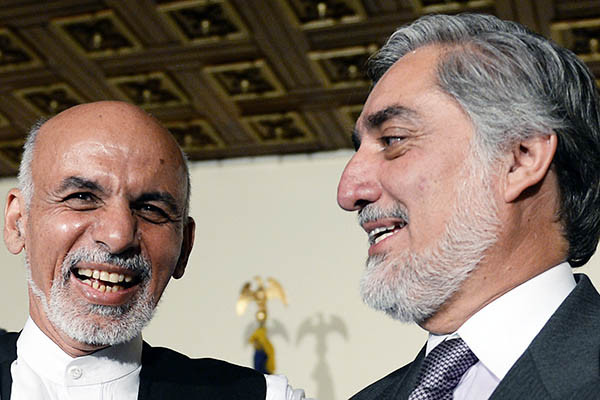
Earlier this week, Afghanistan’s National Assembly summoned the interior minister and other top officials to discuss security concerns following a deadly attack on Afghan soldiers in the northeastern Badakhshan province.
Addressing the lower house, Afghan army chief General Sher Mohammad Karimi said Taliban fighters had launched an attack in Jarom district which killed at least 20 soldiers and injured several others. He also said the Taliban had captured 20 posts after several hours of intense fighting. Moreover, General Karimi informed that local villagers had supported the Taliban’s decision to attack security forces.
The army chief’s remarks are alarming as the attack was orchestrated in an area where Taliban fighters had little influence.
According to Taliban spokesman Zabihullah Mujahid, if the annual “spring offensive” is formally launched, it would be the first of its kind after the end of the US-led combat mission. He added it would be difficult for Afghan soldiers to counter their armed opponents without any assistance from the international forces.
Various political commentators and journalists have blame political differences between President Ashraf Ghani and Chief Executive Dr Abdullah Abdullah for these security lapses.
During the assembly session, several lawmakers urged the interior minister, army and intelligence chiefs to provide an explanation for the Badakhshan attack.
Political wrangling
With the national unity government in deep waters over the incident, presidential spokesman Ajmal Obaid Abedi has offered a clarification. According to Abedi, the president is following up on the matter and has decided to convene a National Security Council meeting to discuss the way forward. Moreover, officials at the Presidential Palace in Kabul have told The Express Tribune that Ghani will be visiting Badakhshan on Saturday (today).
Nevertheless, there are still a range of matters which need to be addressed. For instance, the nomination of a defence minister for the country remains a contentious issue. General Mohammad Afzal Ludin, the Afghan cabinet’s choice for the post, decided to drop out just days after he was nominated over underlying tensions between the president and rival parties.
According to the Afghan media, President Ghani had nominated the minister without seeking Abdullah’s consent.
Uncertain future
Insiders say Taliban are preparing for a spring offensive which will undoubtedly thwart the peace process while the Afghan government has also failed to come up with a viable strategy to mediate with them. At this critical juncture, it is pointless to shift the burden of holding these talks towards Pakistan or any other country. The national unity government should take charge of its own internal matters and negotiate with the Taliban.
At this stage, Ghani also appears to be double-minded about the peace process. Gulbuddin Hekmatyar’s Hizb-e-Islami, the second largest resistance movement, is willing to take part in the peace talks but the group has not been given a seat at the negotiating table.
If the Taliban continue to pursue an inflexible stance, Ghani should consider formally inviting Hizb-e-Islami for peace talks and open the portal for new vistas of negotiations.
Published in The Express Tribune, April 18th, 2015.


1731570357-0/elon-musk-(1)1731570357-0-165x106.webp)
-(1)1717678110-0/Kendrick-(1)-(1)1717678110-0-165x106.webp)













COMMENTS
Comments are moderated and generally will be posted if they are on-topic and not abusive.
For more information, please see our Comments FAQ